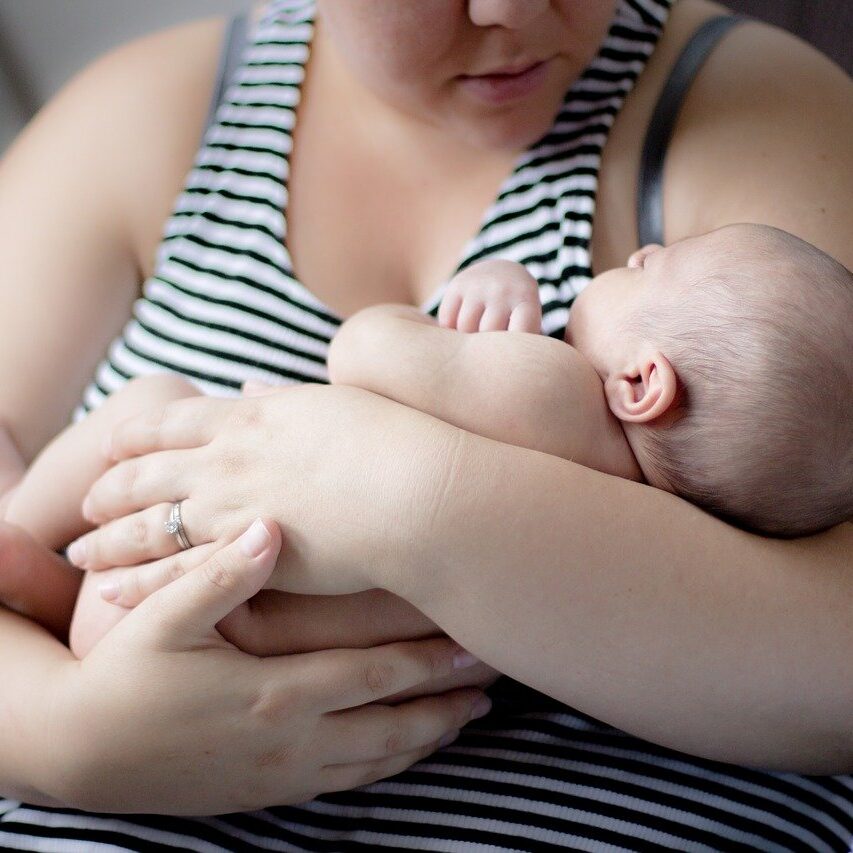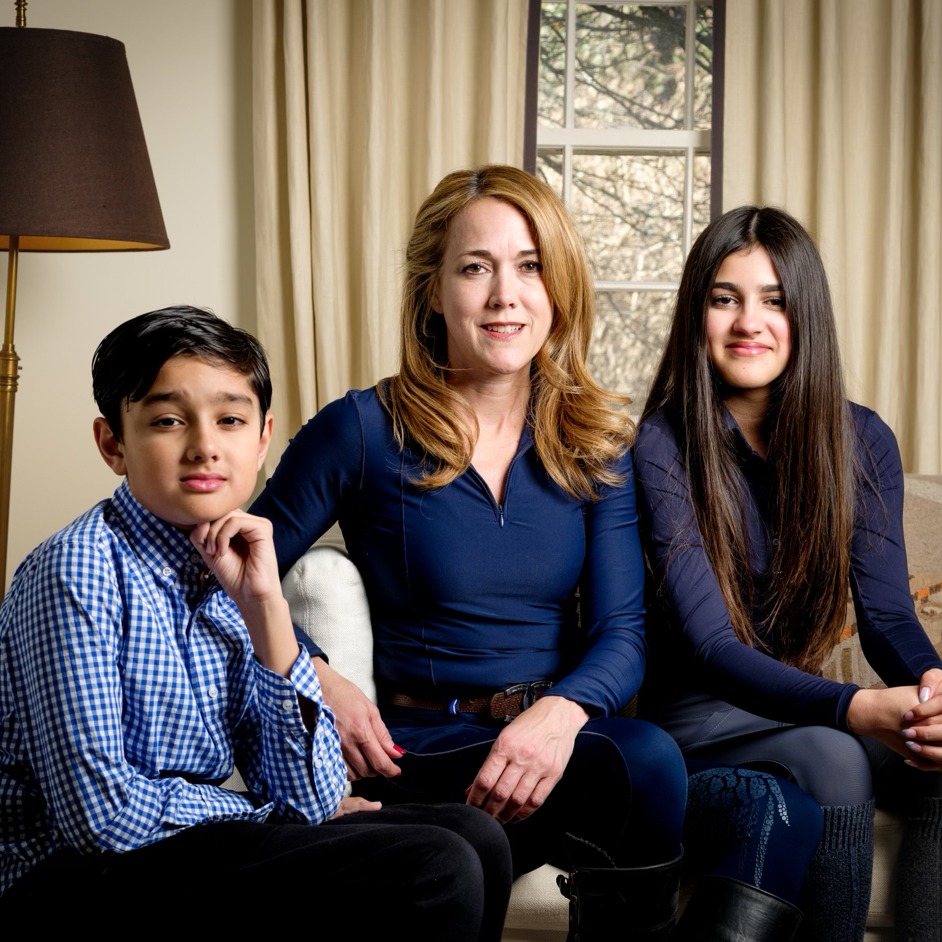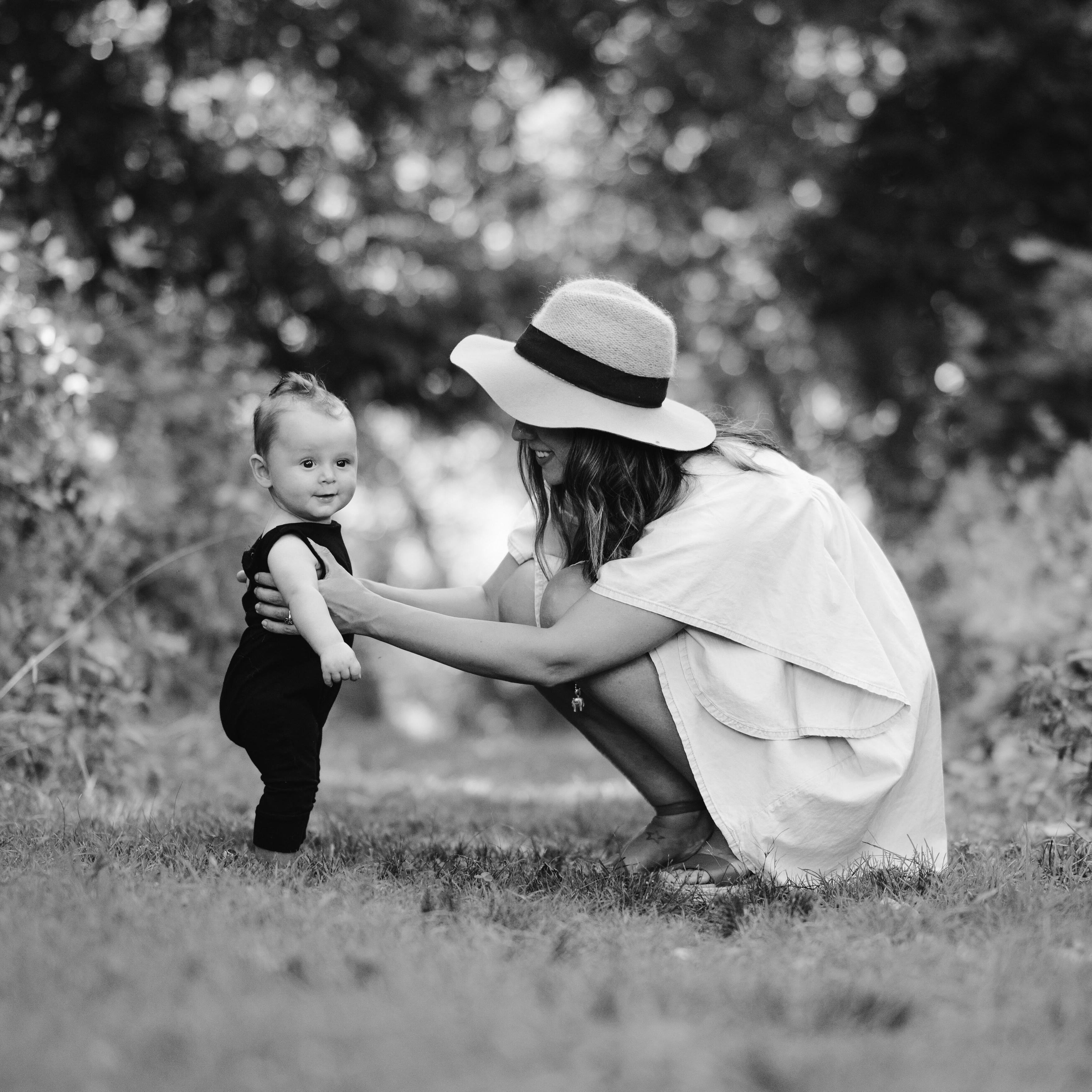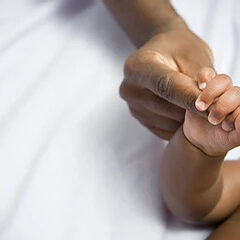The Power of Representation
By: Aishat Badmus
Sunday morning. My 3 year old daughter and I are at the kitchen table about to braid her hair for the week. I ask her,
“What style would you like to do this time?”
“I want it long like this.” she replied, trying to pull her beautiful, thick afro hair into her face. That was when I remembered the look on her face when I picked her up from daycare a couple of days prior. I remembered her staring at a few other girls who were playing with each other’s hair, and she had a look of awe on her face. It makes sense she would want hair that would allow her to fit in and play with her class friends, yet at the same time it was a sad moment. We constantly tell her how beautiful and special all parts of her are, including her hair, yet lack of exposure to people who look like her is suppressing what we are trying to instill in her at home. The environment children are in can positively or negatively shape the way they see themselves. On the surface this seems like a hair problem, but in reality it’s a representation problem.

Being a mother already means being conditioned to carry the majority of the mental load when it comes to your children. Being the mother of black children adds another heavy layer – there is a mental load we are constantly worrying about, even before we have given birth because we know the struggles and built-in oppression our children will have to face in this world. From an early stage, mothers of black children have to constantly be cognizant of representation. From the day our children are born, we ensure we have books to read to them that have a diverse character base so they see themselves as belonging from a young age. Wherever we choose as our community, we want to make sure there are families within that look like them. We want to ensure they have black and brown friends they can connect with through their uniqueness from the majority, but also connect with the majority through both their differences and similarities. Regardless of race, children need to be taught that there is strength in celebrating what makes us different and what makes us similar in many ways- the two are not mutually exclusive.
The example of my daughter and the way she sees her hair just highlights the importance of representation. There is immense pressure of choosing communities that are diverse and inclusive, so that our children do not feel they are pariahs. In addition to constantly teaching them about their history, culture and heritage, we are teaching them to love themselves, their hair, and their skin. As much as we try to teach them that they are worthy, we know social constructs will have them doubting themselves at every turn. Doubt inevitably comes from the sheer fact that in a sea of tuna, they are the only seahorse. It is extremely important for all of us to educate ourselves and do better at cultivating and developing a positive racial identity for our black children. Part of that cultivation is being extremely intentional about the company we keep, and the environments we choose to expose our children to. I ultimately want my daughters to embrace their differences but also focus on the similarities to the children that they engage with. Their hair is beautiful, and so are their eyes and their skin. It is beautiful because it is theirs.

Aishat Badmus is a Bristish Nigerian who moved to America in 2018 to be with her husband.
Aishat has a full time career as a Certified Orthoptist but since becoming a mother she found
her other passion.
After having her two daughters during the COVID-19 pandemic, she realised how isolating
and challenging motherhood can be, especially with no family nearby. Aishat felt felt the
need to start sharing her experiences in the hopes of connecting with other mothers and
building a community, a safe space for mothers without judgement. As a result, she started
writing a blog and creating content to share with mothers around the world through her brand
The Good Mutha.
Aishat hopes to continue building The Good Mutha to a point that it is able to give women
and mothers real help and support through the challenging journeys they will go through.
Having daughters of her own is a big inspiration in helping women find their power in a world
telling them they should have none.
Aishat is very passionate about helping women and mothers feel comfortable enough to
share their own experiences, and find power in showing vulnerability when it comes to the
beauty and challenges we face daily. By encouraging women to share these experiences,
Aishat hopes to create something she struggles to find after having her own children –
solidarity.




